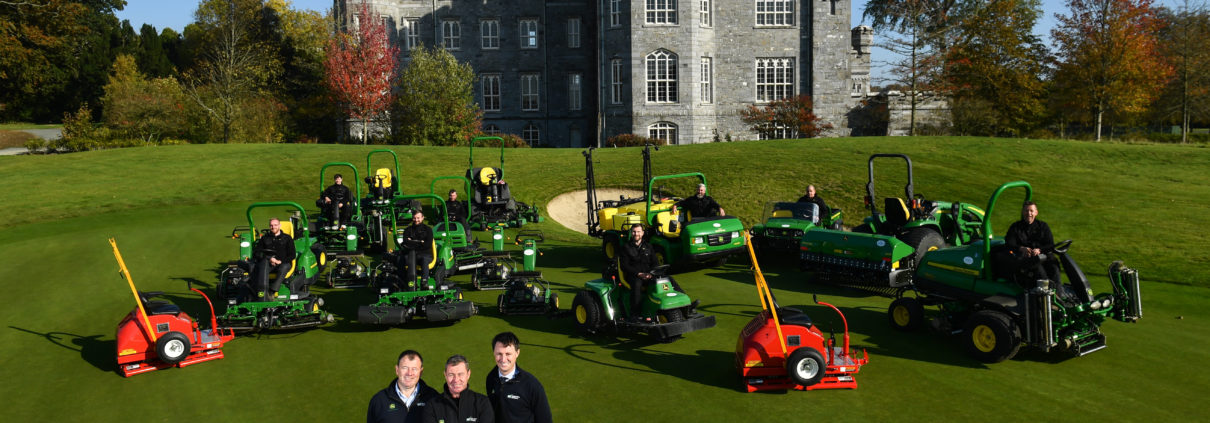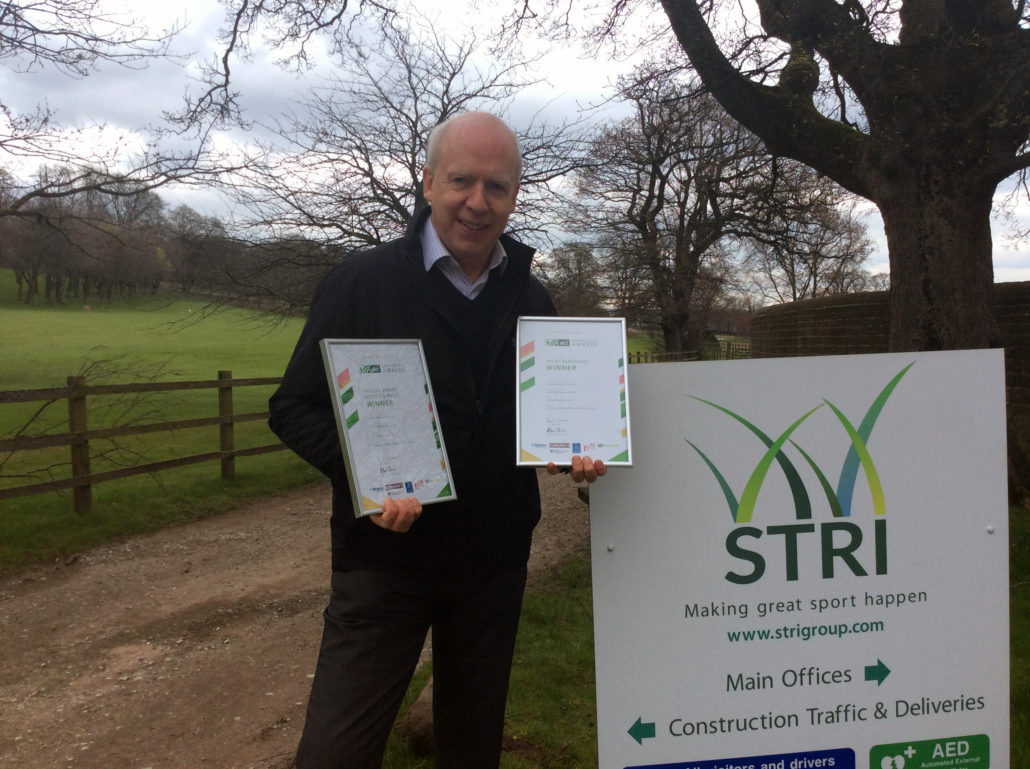Amenity Forum’s Recent Events
Amenity Forum’s Recent Events: The management of amenity areas is a vital and important task creating safe and healthy public spaces fit for purpose. It is vital that such tasks are undertaken to the highest professional standards but, as it stands, although there are a number of recognised assurance schemes, there is no overall standard which can easily be recognised as demonstrating those undertaking amenity management operations are professionally competent and using methods at the highest standards of best practice.
Given that, the Amenity Forum is developing a standard for the sector. This will inform the public, and those who place tenders or employ operators that the processes implemented are safe and healthy and fit for purpose. The standard will be akin to the Red Tractor logo which is widely recognised in the food sector. It will be instantly recognisable and will verify that the various assurance schemes in the sector are maintained at the overall standard.

In the current climate, cost will always be a key factor when considering amenity management plans but it is vital that quality and standards are an essential element in the final decision. The new standard and accompanying logo will give confidence to all involved.
Those attending London and Belfast recently as part of the popular series of free Amenity Forum Updating events organised welcomed the proposals. It was recognised that many do currently look to employ contractors and the like with assured credentials such as Amenity Assured, there remains others who operate outside such standards. The new Amenity Standard seeks to address this and ensure it is as widely recognised in the amenity sector as the Red Tractor is in food.
Professor John Moverley, Chairman of the Forum, said ‘’I would like to see this standard as an essential requirement when employing anyone involved in amenity management. If employing a gas fitter, I seek to ensure he or she is CORGI registered, a similar requirement should be essential in amenity management. There are a number of well recognised assurance schemes in our sector, this new standard seeks to embrace these and in a simple way, provide everyone of an assured standard and best practice. I would like to see the logo associated the standard to be proudly displayed across the UK in our parks, golf courses, sports grounds and indeed all our public spaces’’
The new standard is due to be launched later this year and in the meantime, everyone is urged to seek evidence of a recognised assurance scheme when employing those charged with amenity management in all its forms.
The Amenity Forum is continuing its free Updating Event series and for details please contact Admin@amenityforum.co.uk
For the latest industry news visit turfmatters.co.uk/news
Get all of the big headlines, pictures, opinions and videos on stories that matter to you.
Follow us on Twitter and Instagram for fun, fresh and engaging content.
You can also find us on Facebook for more of your must-see news, features, videos and pictures from Turf Matters.















